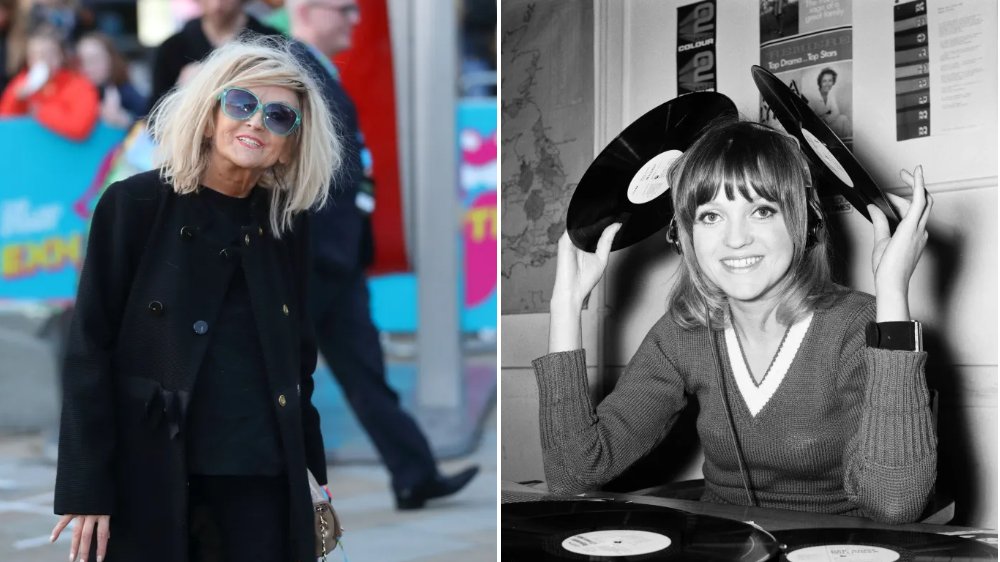
Madam Arcati and I had a truly stunning theatrical experience last night, as we ventured to the oh-so-touristy environs of Borough (famous for its food market) - for our first visit in several years to an old fave venue the Menier Chocolate Factory, to see the much-lauded new production of Stephen Sondheim's Pacific Overtures.
A show that was last revived over here in 2003, it's certainly not one of The Maestro's most famous, and most people would be hard-pushed to hum along to any of its songs. But, heavens - especially with this setting, this scenery, this lighting and this cast [shame about the restricted view seats we ended up with] - it's a work of art! It was indeed one of Sondheim's own personal favourites.
[NB There are no videos from the Menier Chocolate Factory production, apart from this trailer]Set in the the late 19th century era when the USA unanimously decided to force the secretive and feudal kingdom of Nippon [Japan] to "open its doors" to the world, the story is told largely from the perspective of its populace. Indeed, the opening number The Advantages of Floating in the Middle of the Sea highlights just how completely shielded from foreign influence they were, engrossed in ancient rituals:
As the centuries have come, they've gone
In the middle of the sea
Days arise to be replaced
Lines are drawn and lines erased
Life and death are but verses in a poem
Out there blood flows
Who knows?
Here we paint screens
Plant the rice
Arrange the flowers
View the moon
Exchange the gifts
Plant the rice
Arrange tomorrow like today
To float
Slide the screens
Exchange the poems
Stir the tea
Exchange the bows
Plant the rice
Arrange tomorrow to be like today
To float.

Of course, this blithe "innocence" proves to be their downfall - but Sondheim being Sondheim, this is not a show that wallows in tragedy. With the help of the excellent "Reciter" (narrator Eu Jin Hwang) to understand the nuances, there's much humour to be had poking fun at the absurdities on all sides in this tumultuous period. The Shogun (excellently played by actress Saori Oda) arrogantly believes that to merely send one man in a boat to face the fleet with a message from the (puppet) Emperor would be sufficient to send the Americans packing.
The hapless sap chosen for this (quite possibly suicidal) mission, Kayama (the superbly convincing Takuro Ohno) and his wife Tamate (Kanako Nakano) are understandably terrified (There Is No Other Way) - as are the locals, who, seeing the fleet approach believe them to be Four Black Dragons. Obviously the pompous and condescending US Admiral ignores Kayama's pleas. With the help of fisherman Manjiro (Joaquin Pedro Valdes) - who had visited the US and brought the original news of the impending threat to the Shogun's court - masquerading as "an important man" they try shouting ("as that's what they understand - who shouts loudest, gets heard"), but the only response from the Americans is a demand to meet the Shogun or else be bombed.

In the ensuing time of trepidation, Kayama and Tamate (having devised a cunning plan involving floating mats and floating house to accommodate the Americans without them setting foot on Nippon's "sacred soil") bond over Poems, and the local brothel-madam sees a business opportunity as she (hilariously) trains up "her girls" for the arrival of the sailors of the fleet (Welcome to Kanagawa). The Admiral lands, the meeting is held in secret, then the treaty house is ceremonially burned.
But what was actually said? Could those secrets be revealed by eavesdroppers? This beautiful number - Sondheim's own "proudest achievement" - is hopeful, but history is often based on unreliable testimony...
[The famous "lockdown gala"]Regardless of what was said behind those closed doors it becomes obvious this was only the beginning, as the rest of the world's great empires - British, Dutch, Russian and French - all come-a-calling, with their warships, for their "share of the spoils". This is a brilliant number, full of Sondheim's signature tributes to the sounds and styles of other composers (notably Gilbert & Sullivan), and was probably the highlight of last night's show. Here's the original:
So the old Nippon is overrun by foreign tastes and styles - perfectly encapsulated by (the newly-elevated to governor) Kayama and A Bowler Hat. Conversely, Manjiro, who began as an enthusiast for all things American, has become completely integrated into Samurai traditions. Cultural clashes are exposed even more chillingly, however, in this production's treatment of (possibly) this show's most familiar number Pretty Lady - a song I only really knew from Side By Side By Sondheim as a light-hearted ode about a frustrated seduction attempt [see also here for the "gender-reversed" version] - as it all turns nasty indeed, culminating in murder.
As our Reciter (shifting seamlessly between setting the scene and portraying the Emperor) points out, this was the beginning of the end. The Samurai (unexpectedly led by Manjiro) stage a rebellion, both Shogun and Kayama are killed, and in retaliation Emperor Meiji abolishes the centuries-old Shogunate and decrees a return to Imperial rule, proclaiming that his country would henceforth embrace the modernity of the rest of the world (Next!).
The show closed with a whirlwind representation of how that modernisation developed, from industrialisation to the horrors of WWII, to the technological revolution of the late 20th century, and ended - in a sinister twist - with an AI avatar reciting the words: "Nippon. The Floating Kingdom. There was a time when foreigners were not welcome here. But that was long ago... Welcome to Japan."
Utterly, mind-blowingly brilliant. I am so glad we went!
Pacific Overtures is on at The Menier Chocolate Factory until 25th February 2024.




















































